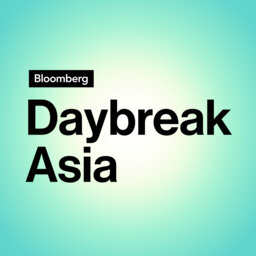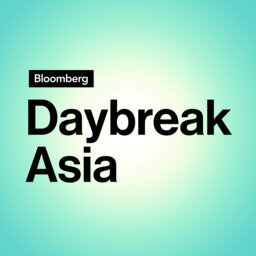South Korea's Martial Law Whirlwind Jolts Markets
Featuring:
Rory Green, Chief China Economist - Head of Asia Research at TS Lombard
Elfreda Jonker, Alphinity Investment Management Client Portfolio Manager
Apple: https://podcasts.apple.com/us/podcast/bloomberg-daybreak-asia/id1663863437
Spotify: https://open.spotify.com/show/0Ccfge70zthAgVfm0NVw1b
TuneIn: https://tunein.com/podcasts/Asian-Talk/Bloomberg-Daybreak-Asia-Edition-p247557/?lang=es-es
In 1 playlist(s)
Bloomberg Daybreak: Asia Edition
Join Bloomberg Daybreak Asia for business and finance news centered in the Asia-Pacific region, alon…Social links
Follow podcast
Recent clips

Trump Tariffs Over Greenland, Fed Chair Pick Chatter
21:27

US-Taiwan Trade Deal, TSMC's Wendell Huang on Q4 Earnings
17:28

Japan's Takaichi Set to Call Early Election
21:07
 Bloomberg Daybreak: Asia Edition
Bloomberg Daybreak: Asia Edition